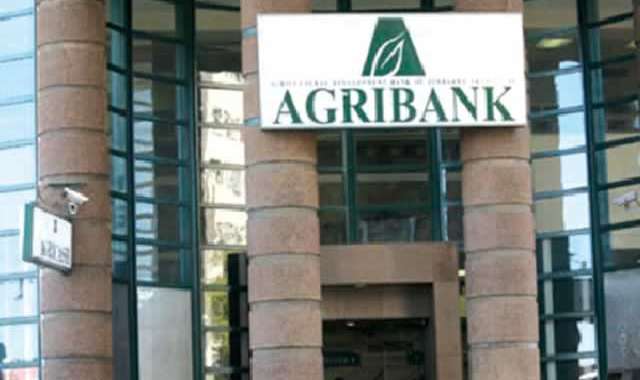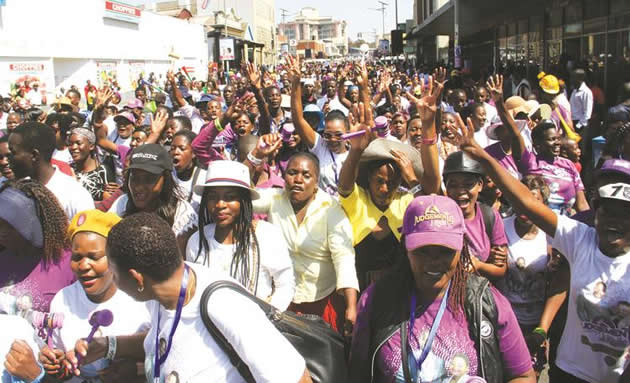Agribank to engage IDC SA for lines of credit

Business Reporter
AGRIBANK says it will now engage the Industrial Development Corporation of South Africa for fresh lines of credit following the lifting of sanctions in February by US Office of Foreign Assets Control.
Managing director Mr Sam Malaba last week said that there was good rapport between Agribank, a Government-owned bank, and Pretoria’s state-owned IDC as it has extended credit to the bank before amounting to $60 million.
Mr Malaba however, said that Agribank would first have to repay the $17 million outstanding from the last and second tranche of $30 million from IDC, before it can negotiate for fresh lines of credit.
The bank extended a total of $105 million in loans and advances in the half year to June 2016. Zimbabwe’s perennially underfunded agriculture sector, which accounts for over 16 percent of the country’s gross domestic product, requires an estimated $2 billion annually to finance various needs.
“The discussions are still ongoing. We have been engaging them to find out how we can make repayments. We had been under sanctions. The relations are still amicable, but about $17 million is outstanding,” he said.
IDC is only one of a number of international development institutions that Agribank is looking to engage for lines of credit now that it has been taken off the US sanctions list.
Agribank was removed from the economic embargo together with fellow State-owned bank, Infrastructure Development Bank of Zimbabwe.
OFAC said it was removing Agribank from “Zimbabwe General Licence 1”, in place since April 2013, paving way for Agribank and the Infrastructure Development Bank of Zimbabwe to transact freely with US companies and enabling it to raise funding from development partners.
Mr Malaba said some of the development finance institutions, which are keen to support agriculture in Zimbabwe, have visited the country and expressed willingness to provide support through Agribank.
However, he said most of the international lenders were waiting for the outcome of Zimbabwe’s proposed $1,8 billion arrears clearance strategy, which the IMF and World Bank will consider during their summer meetings to determine whether Harare can start getting new loans.
Last week, Mr Malaba said that the bank will, beyond the near term, seek further capitalisation to the tier 1 level of $100 million, the central bank’s regulatory minimum capital threshold by 2020, to offer the full range of banking and financial services and also attract suitable lines of credit, “ now that the bank is no longer under the (US’) OFAC sanctions list”.










Comments